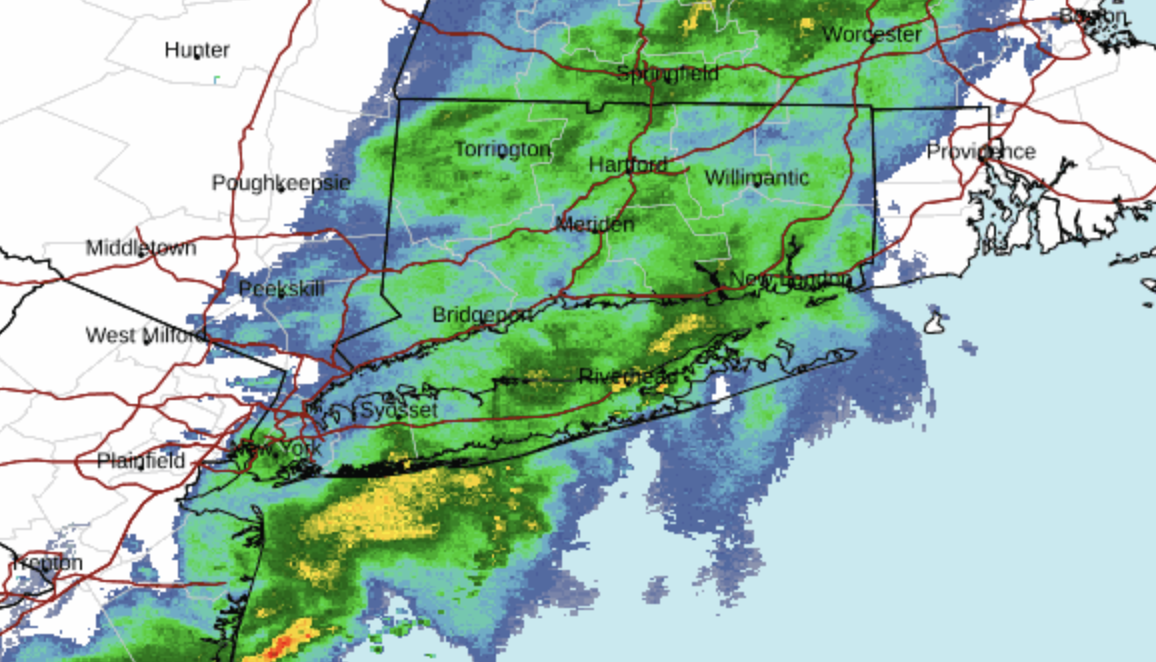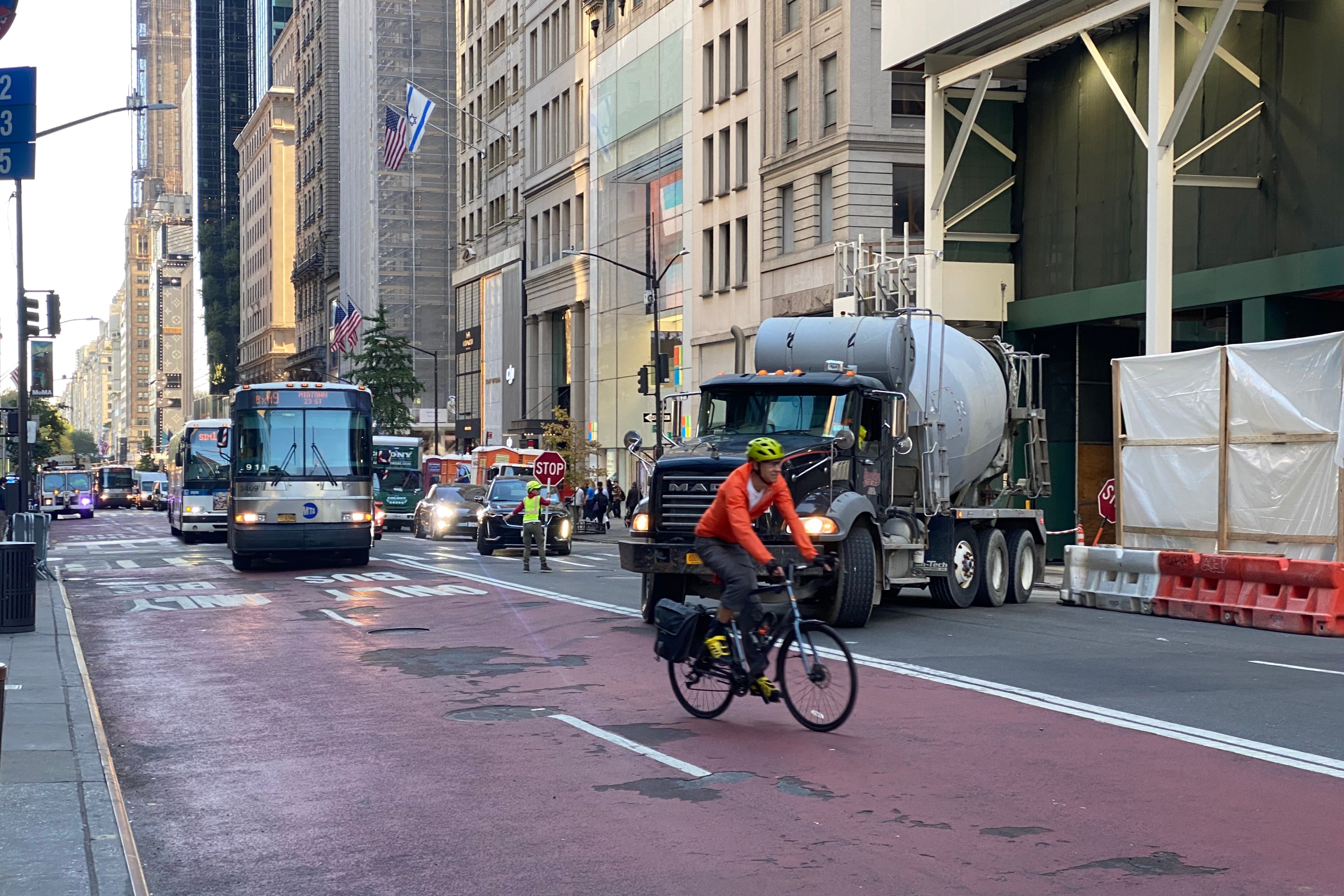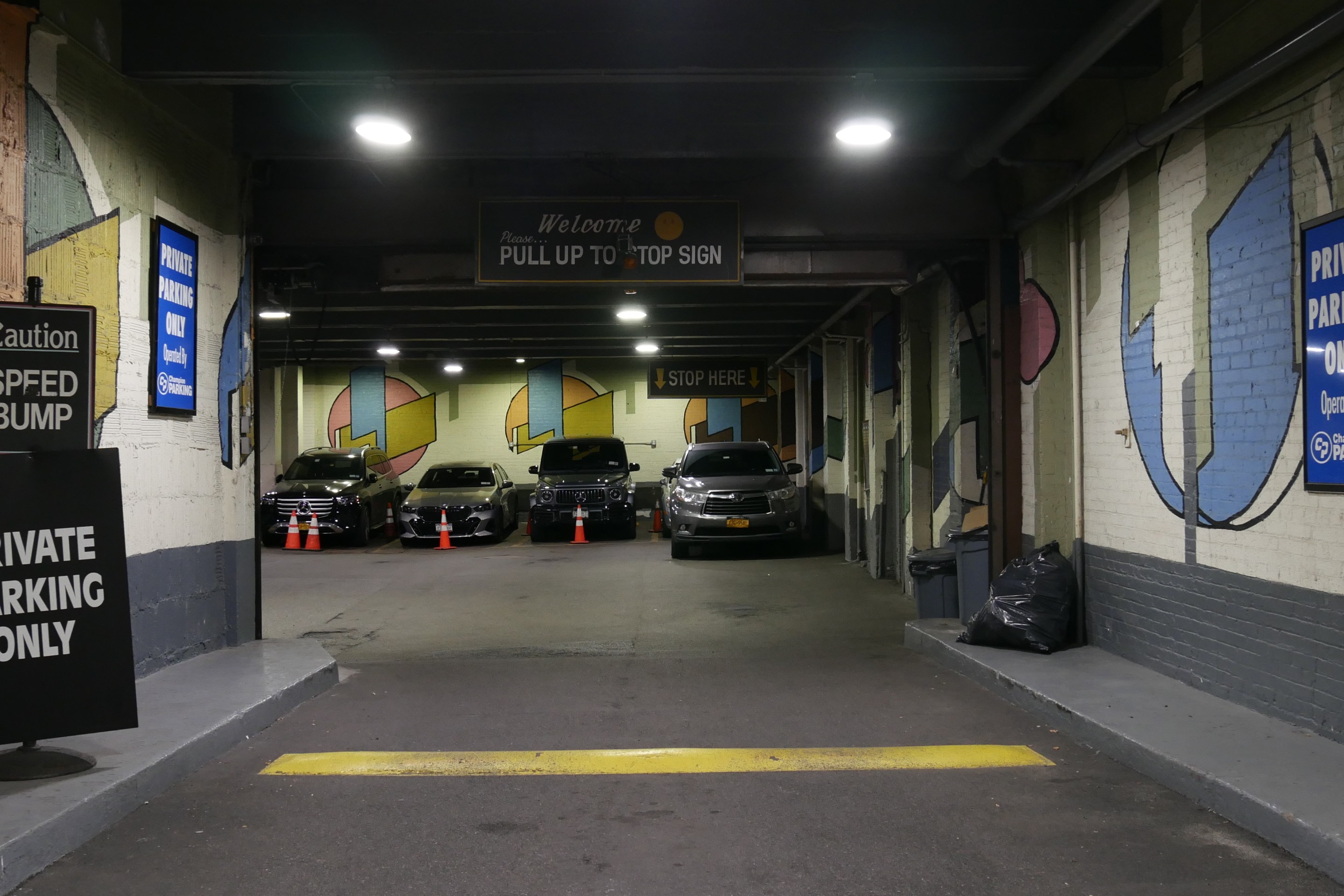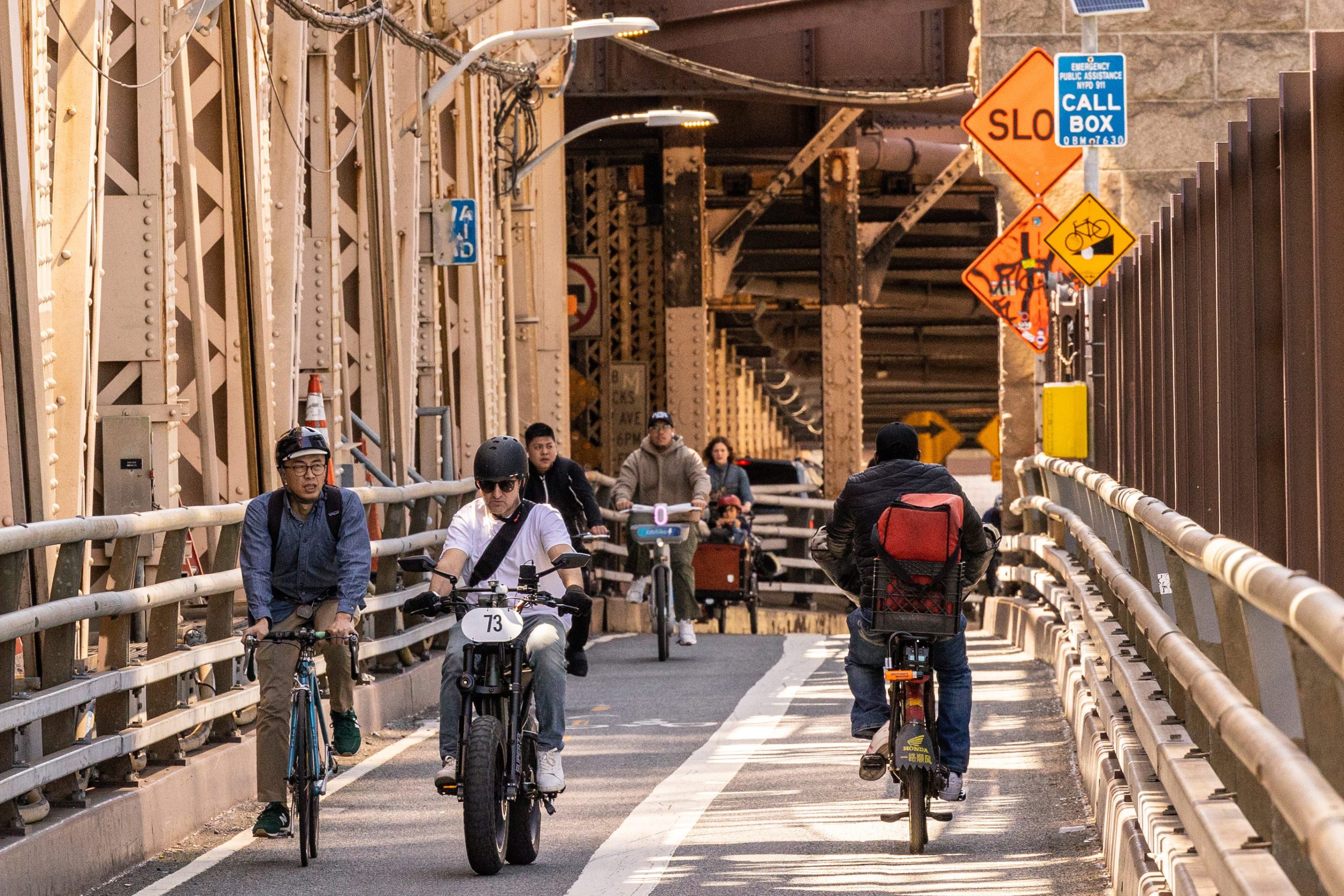 We called Assemblyman Richard Brodsky yesterday to get his comments on the demise of congestion pricing. While he wouldn't talk to us on the phone, he fielded a few questions over e-mail.
We called Assemblyman Richard Brodsky yesterday to get his comments on the demise of congestion pricing. While he wouldn't talk to us on the phone, he fielded a few questions over e-mail.
Streetsblog: With congestion pricing off the table and the deadline to receive $354M in federal support about to pass, will other traffic mitigation measures surface in the state legislature?
Brodsky: Several have already been proposed, including better enforcement (block-the-box and double parking being the prime targets) and reforms of yellow cab and black car services. But there is no support for using pricing or any other ability-to-pay mechanisms.
Streetsblog: How will the projected shortfall in the MTA capital plan be addressed? Pricing would have taken care of a big chunk of it -- what are some likely alternatives that will be proposed?
Brodsky: The Assembly has already passed a small increase in the income tax rate for those who earn over $1,000,000 a year, with the proceeds largely going to mass transit capital across the state. It has the added advantage of being pay-as-you-go, saving billions in interest costs.
Streetsblog: What's your reaction to today's news after such a long campaign to achieve this outcome?
Brodsky: I introduced my first bill opposing congestion pricing in 1995, for reasons that are still valid. I simply do not believe we should solve difficult social problems, or distribute public goods, or provide access to public spaces, based on ability to pay. Pricing mechanisms such as congestion pricing are regressive, unfair, divisive and inconsistent with the progressive policies I've tried to reflect in my public life. Additionally, the Mayor's plan eviscerated SEQRA, failed to include Jersey drivers, had no coherent way of collecting the fee from those who do not have EZ-Pass, and had numerous other practical failures. The Mayor, and many of his allies, would not acknowledge that opponents of congestion pricing were motivated by principle and philosophy, and the public debate became increasingly personal and angry. In the end, Members of the Legislature would not respond to threats, were disappointed by the failure to seriously consider their concerns, and remained philosophically uncomfortable with regressive pricing mechanisms. So it's no surprise that the plan failed, and rightly so. Next will be to continue our good faith efforts to deal with the real problems of congestion and mass transit funding.





